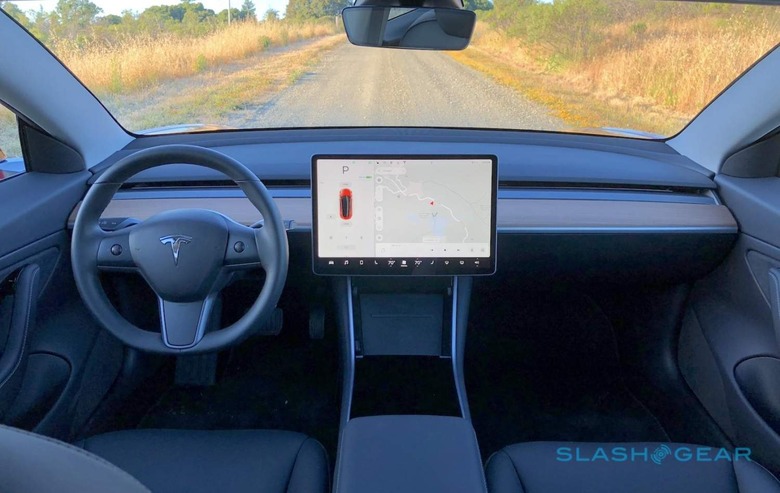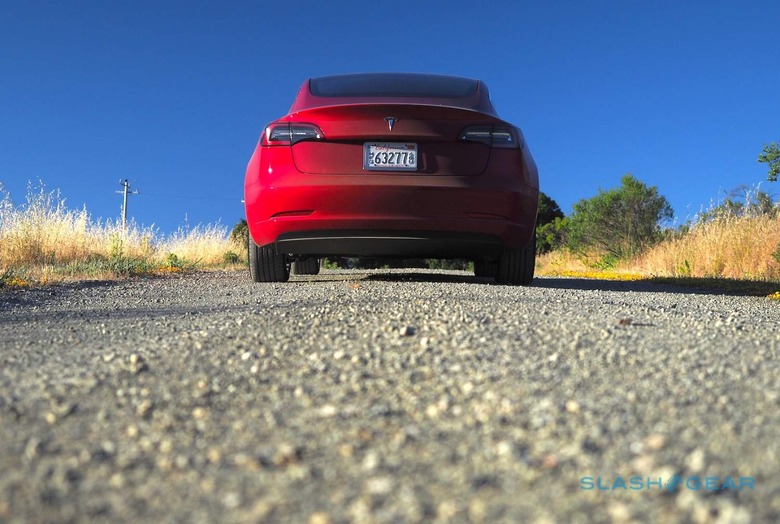Tesla Cars Reportedly Banned From Chinese Military Sites Over Spy Fears
Tesla EVs have been banned by the Chinese military, with the electric vehicles reportedly no longer allowed around military complexes or housing. The array of cameras fitted to each car – which is used for Autopilot, among other things – has been blamed for the decision, which emerged unofficially from China this week.
Current Telsa vehicles cover 360-degrees of the surroundings of the vehicle with camera vision. On the Model 3, for example, there are eight cameras in total; Tesla also fits ultrasonic sensors, which give a more accurate read on distance from the EV.
An internal camera, fitted in the most recent versions of the cars, can be used to review behavior just prior to a crash. Tesla has also suggested that it could be implemented to monitor passengers in the vehicle when its promised autonomous ride share program launches. There, CEO Elon Musk has previously promised, the camera would provide some degree of reassurance for Tesla owners allowing their EVs to join a fleet of app-summoned self-driving transportation for other people. The original goal had been to launch the so-called Tesla RoboTaxi project in 2020.

According to Bloomberg's sources, however, the possibility of the cameras being used for other purposes has prompted a strong response from the Chinese military. A new order, according to people familiar with the rule, instructs Tesla drivers to park their vehicle outside of military property. Among the concerns is that Tesla might be using the cameras and other sensors to gather sensitive data about military facilities.
Although the cameras aren't new, Tesla's decision to roll out its controversial "Full Self Driving" (FSD) beta in recent months has apparently exacerbated Chinese military fears. Around 2,000 Tesla drivers currently have access to the beta, according to Musk, with more expected to be added in April. When the feature is turned on, the Tesla attempts to operate itself, though drivers are warned that they are still responsible for monitoring its performance and taking over in cases where the Autopilot FSD system is struggling.

While Musk has declared the beta process a success, several videos and reports of the FSD system encountering significant problems have emerged. Tesla uses the cameras within the cars to ensure drivers participating in the beta are, indeed, paying attention. Some early users have seen their beta access revoked as a result.
According to Tesla, none of the vehicles sold in China are currently part of the FSD beta. Similarly, none of the in-cabin cameras are currently turned on, it said.
Tesla, like most automakers, has long seen China as a huge potential market to crack. The country's aggressive plans to replace internal combustion vehicles with EVs, along with a continuing surge in car purchases, encouraged Tesla in building out local facilities so that it could manufacture the Model 3 and other cars within China for local sale. That's taking place at Tesla Shanghai, a facility which the Chinese government supported.
